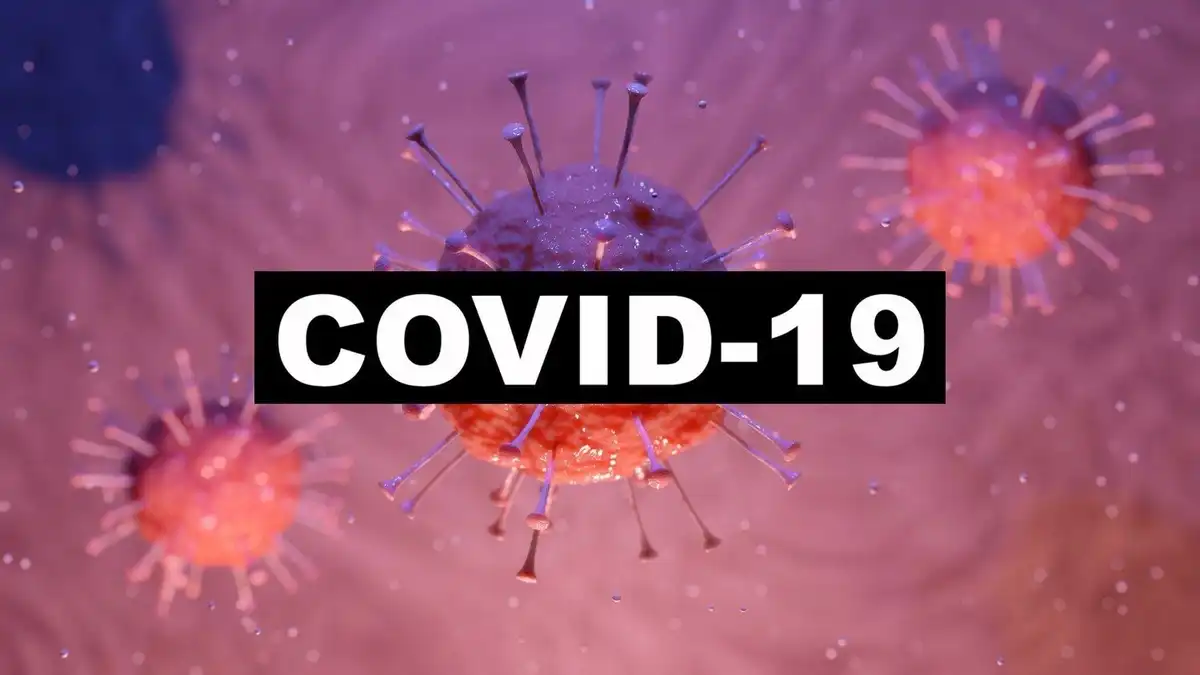Going To The Dentist During Coronavirus


*Information about COVID-19 rapidly changes, please visit https://www.coronavirus.gov/ for latest development with COVID-19 news.
Safety is a top priority for both patients and dental office staff.
Call Your Dentist!
If you think you have been exposed to COVID‑19 and develop a fever and symptoms, such as cough or difficulty breathing, call your healthcare provider for medical advice.
The CDC recommends for dental offices to "consider if elective procedures, surgeries, and non-urgent outpatient visits should be postponed in certain circumstances."
*As of June 1st , 2020, many offices are accepting non-essential procedures. Call your dentist to see if they are open.
“The guidance may change as the COVID-19 pandemic progresses,” according to the ADA.
Don’t Go To The Dentist If You Feel Sick
Bottom line. If you have any sort of symptoms of COVID-19 (even if you’re sure it’s something else) cancel your appointment. Even a mild case of Coronavirus you could potentially be carrying and shedding the virus, exposing people with weaker immune systems.
According to the CDC, most COVID-19 symptoms appear anywhere from 2-14 days after exposure. They include (but are not restricted to):
- fever
- cough
- shortness of breath
In fact, even when we’re not dealing with a pandemic, you shouldn’t be going to the dentist if you’re sick and contagious. Always call your dental practice as soon as you’re coming down with something and ask to reschedule for a minimum of two weeks later.
At this point — even if you do need emergency dental treatment but you’re sick — do not go to the dentist’s office. Your dentist may be able to prescribe medication over the phone or if you’re under the care of a physician, they might put you on an antibiotic or other pain relievers until any quarantine period ends.
Why Are Dentists And Dental Hygienists At High Risk For Infectious Diseases?
When it comes to infectious diseases, you’ll hear a lot of words like “bloodborne pathogens” and “aerosols” being used. A bloodborne pathogen is a disease that’s spread through blood, like HIV or Hepatitis B & C.
In dentistry, dentists and hygienists are constantly exposed to blood and saliva — which is why they have strict infection control and personal protection protocols — during almost every procedure. But what makes that risk even worse is they have to use instruments such as high-speed handpieces (aka the “drill”) and ultrasonic scalers (what your hygienist uses to clean off tartar) which put off aerosols.
Aerosols contain tiny particles of blood, saliva, microorganisms, and any type of pathology (disease) that’s inside of the patient’s mouth. That’s why your dental team wears masks, gloves, and sometimes even surgical gowns. These pathogens have the potential to float in the air and spray several feet away.
In dentistry, they have an intense respect for infection control, sanitation practices, and disinfecting surfaces between patients. But with COVID-19, we’re not dealing with an everyday disease. This is an extremely unique situation where even the risk for cross-contamination or person-to-person spread places the entire community at risk. As a result, places like dental offices — where there’s an increased risk of exposure — have to eliminate the potential contact of infectious individuals with healthy members of the community.
Since your dentist and hygienist are in close contact during routine cleanings and exams, it makes sense that their health is a major concern when it comes to the spread of coronavirus. And just like other small businesses in your community, shutting down a dental office is a super difficult decision to make, especially when it comes to paying their staff. It’s not something that any of us want to do. But right now, it’s something we have to do, simply to uphold health and safety standards for our communities.
Getting Back In Routine
Although your 2020 checkup may have been postponed, if your dental office has safely reopened (and abiding by the CDC guidelines), then it’s time to get back into your dental office. In the worst-case scenario, there will be a little more tartar than normal for your hygienist to clean off. But, it is important to care for your dental health - which in turn - can affect your overall health.

Make your inbox smile!
Subscribe





